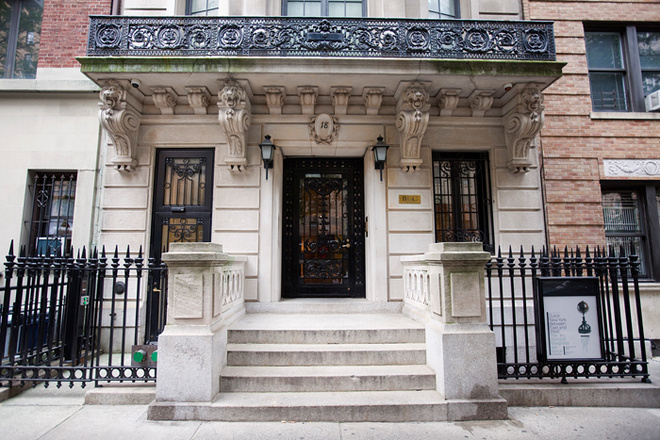Bard Graduate Center is devoted to the study of decorative arts, design history, and material culture through research, advanced degrees, exhibitions, publications, and events.

Bard Graduate Center advances the study of decorative arts, design history, and material culture through its object-centered approach to teaching, research, exhibitions, publications, and events.
At BGC, we study the human past and present through their material expressions. We focus on objects and other material forms—from those valued for their aesthetic elements to the ordinary things used in everyday life.
Our accomplished interdisciplinary faculty inspires and prepares students in our MA and PhD programs for successful careers in academia, museums, and the private sector. We bring equal intellectual rigor to our acclaimed exhibitions, award-winning catalogues and scholarly publications, and innovative public programs, and we view all of these integrated elements as vital to our curriculum.
BGC’s campus comprises a state-of-the-art academic programs building at 38 West 86th Street, a gallery at 18 West 86th Street, and a residence hall at 410 West 58th Street. A new collection study center will open at 8 West 86th Street in 2026.
Founded by Dr. Susan Weber in 1993, Bard Graduate Center has become the preeminent institute for academic research and exhibition of decorative arts, design history, and material culture. BGC is an accredited unit of Bard College and a member of the Association of Research Institutes in Art History (ARIAH).











